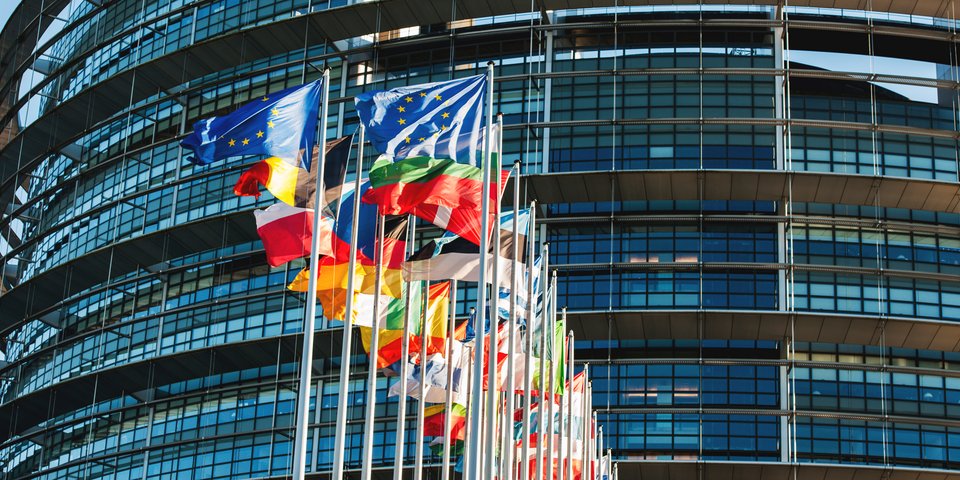 AdrianHancu
AdrianHancuThe future of Europe – the social dimension
One year before the European elections, discussions about Europe’s future gain momentum again.
SW – 05/2018
In March 2017, the EU Commission initiated a discussion with its White Paper on the future design of Europe. It also published reflection papers on a number of topics, including a reflection paper on the social dimension of Europe in April 2017. One year before the European Parliament, the discussion on the future of Europe has again picked up steam.
Discussion on Europe’s future
Since the beginning of 2018, the European Parliament has been organising forums as part of plenary debates, giving heads of state and leading European figures the opportunity to present their ideas on the future of Europe. So far this has included Irish Prime Minister Leo Varadkar, Croatian Prime Minister Andrej Plenkovic, Portuguese Prime Minister António Costa, and most recently in April French President Emmanuel Macron.
Citizen participation
EU citizens are also being called upon to share their opinions. The Commission is running citizens’ dialogues on the future of Europe in all Member States. These are public debates with members of the European Commission and other decision makers such as Members of the European Parliament and politicians at national, regional and local level. The Commission has launched a consultation to give citizens the opportunity to express their expectations of Europe.
According to information from the Commission, concerns have been raised in the citizens’ dialogues on the future of Europe about social issues that affect EU citizens such as the future of pensions or EU-wide harmonisation of social standards. As part of the consultation, the Commission is also asking citizens about their views on a wide range of social issues, such as a guaranteed minimum pension across the European Union, harmonising minimum social benefits and improving access to healthcare for all Europeans.
Europe’s social dimension
With the European Pillar of Social Rights, the European Commission has created a framework with 20 principles that cover equal opportunities, access to employment, fair working conditions, social protection and inclusion.
In terms of the social dimension, the question is how the European Pillar of Social Rights will contribute to social development in the European Union using existing legal and policy instruments.
In its Briefing on the future of Europe, the European Parliamentary Research Service concludes that the basic dilemma behind all decisions regarding the social and economic dimension of the future of the European Union is rooted in the need to address expectations relating to responsibility and competitiveness on the one hand, and solidarity and caring on the other. To solve this dilemma and achieve upward convergence, better coordination of economic and social policies is needed.
